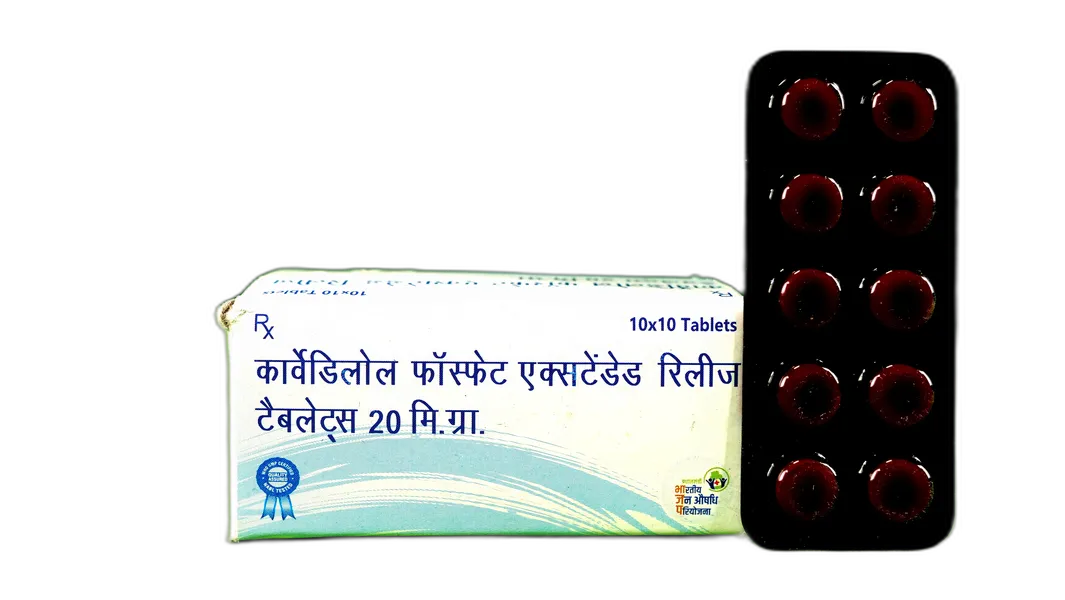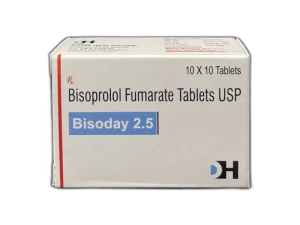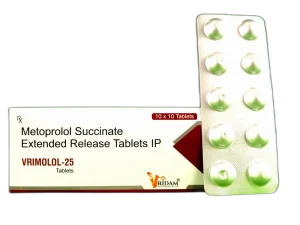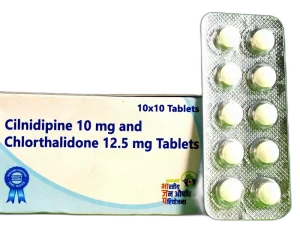◉Carvedilol is a medication used to treat various heart conditions, primarily high blood pressure and heart failure. It is available in both immediate-release (IR) and extended-release (ER) forms. A 20 mg dose of carvedilol ER typically refers to the extended-release version, and it’s important to follow your healthcare provider’s instructions and the medication label carefully for safe and effective use. Here’s a brief explanation of how to use or directions for carvedilol ER 20 mg:,,1. **Prescription and Consultation**: Carvedilol ER is a prescription medication. You should only take it if it has been prescribed to you by a healthcare professional. They will determine the appropriate dose for your specific condition
2. **Dosage**: The standard starting dose of carvedilol ER is usually lower than 20 mg, but dosages can vary depending on your condition. It’s crucial to take the exact dosage as prescribed by your healthcare provider. Do not alter the dosage on your own
3. **Timing**: Carvedilol ER is typically taken once daily. The ER formulation is designed to release the medication slowly over time, which can help maintain stable blood pressure and heart rate throughout the day. It’s essential to take it at the same time each day
4. **Administration**: Swallow the tablet whole with a glass of water. Do not crush, chew, or split the tablet, as this can affect the extended-release mechanism
5. **Food**: You can take carvedilol ER with or without food. However, it’s recommended to take it with food if you experience stomach discomfort
6. **Follow-up**: Your healthcare provider will likely want to monitor your response to carvedilol ER. Regular check-ups and blood pressure measurements are essential to ensure the medication is working effectively
7. **Do Not Abruptly Stop**: Do not stop taking carvedilol ER abruptly without consulting your healthcare provider. Stopping this medication suddenly can lead to an increase in blood pressure and heart rate. Your doctor will provide guidance on how to gradually taper the medication if needed
8. **Possible Side Effects**: Be aware of potential side effects, which can include dizziness, fatigue, and low blood pressure. If you experience severe side effects, contact your healthcare provider
9. **Other Medications**: Inform your healthcare provider of all the medications you are taking, including over-the-counter drugs and supplements. Carvedilol ER can interact with other medications, and your doctor needs to be aware of your complete medication profile
10. **Medical Conditions**: Inform your healthcare provider of any other medical conditions you have, as some conditions may affect the suitability of carvedilol ER for you
It’s crucial to use carvedilol ER exactly as prescribed and to maintain regular communication with your healthcare provider to ensure that it is effectively managing your heart condition and blood pressure. If you have any questions or concerns about your medication, consult your doctor or pharmacist for clarification and guidance.
Composition of Drug
◉**Side Effects:**,,Carvedilol can cause various side effects, and the likelihood and severity of these side effects can vary from person to person. Some common side effects of Carvedilol ER 20 mg may include:,,1. **Dizziness or lightheadedness:** Carvedilol can cause a drop in blood pressure, leading to dizziness when standing up. This is more common when you start taking the medication or increase the dose
2. **Fatigue or weakness:** Some individuals may feel tired or weak while taking carvedilol
3. **Nausea or upset stomach:** Carvedilol can cause gastrointestinal discomfort in some people
4. **Slow heart rate (bradycardia):** Carvedilol may slow the heart rate, which is generally a desired effect in heart failure treatment but can cause problems if the heart rate becomes too slow
5. **Worsening of heart failure symptoms:** This is rare but can occur, especially when initiating therapy or increasing the dose
6. **Worsening of lung conditions:** Carvedilol may cause breathing difficulties, especially in individuals with pre-existing lung conditions like asthma or chronic obstructive pulmonary disease (COPD)
7. **Liver problems:** Some people may experience elevated liver enzymes, which should be monitored by a healthcare provider
8. **Low blood sugar (hypoglycemia):** In individuals with diabetes, carvedilol can mask the signs of low blood sugar, making it harder to recognize and treat hypoglycemia
9. **Allergic reactions:** Rarely, people may experience an allergic reaction to carvedilol, which can manifest as rash, itching, swelling, severe dizziness, or difficulty breathing
It’s important to take Carvedilol ER exactly as prescribed by your healthcare provider. If you experience any severe or persistent side effects, or if you have concerns about the medication, consult your healthcare provider promptly. Do not discontinue the medication without their guidance, as abruptly stopping Carvedilol can be harmful, especially in individuals with heart conditions. Always follow your healthcare provider’s instructions for safe and effective use.
How does the Drug work
◉Warnings:,,1. **Take as Prescribed**: Always follow your healthcare provider’s instructions regarding dosage, frequency, and duration of use. Do not take more or less of this medication than recommended
2. **Avoid Abrupt Discontinuation**: Do not suddenly stop taking carvedilol (ER) without consulting your healthcare provider. Abruptly stopping this medication can lead to worsening heart conditions
3. **Orthostatic Hypotension**: Carvedilol (ER) can cause a drop in blood pressure upon standing (orthostatic hypotension). Be cautious when getting up from a sitting or lying position to avoid dizziness or fainting
4. **Bradyarrhythmia**: Carvedilol can slow down the heart rate, which may be problematic for individuals with pre-existing heart rhythm disorders. Your healthcare provider will monitor your heart rate and adjust the dosage accordingly.5. **Respiratory Issues**: If you have a history of asthma or other respiratory conditions, inform your healthcare provider, as carvedilol can potentially worsen these conditions in some individuals
6. **Liver Function**: Carvedilol is metabolized by the liver, so individuals with liver problems should use this medication with caution. Dosing adjustments may be necessary
7. **Interactions**: Inform your healthcare provider of all medications, supplements, or herbal products you are taking, as carvedilol (ER) can interact with other drugs and cause adverse effects
8. **Pregnancy and Breastfeeding**: If you are pregnant, planning to become pregnant, or breastfeeding, consult your healthcare provider before using this medication. The potential risks and benefits need to be carefully considered
9. **Allergic Reactions**: If you experience signs of an allergic reaction, such as rash, itching, swelling, severe dizziness, or difficulty breathing, seek immediate medical attention
10. **Regular Check-ups**: Regularly attend follow-up appointments with your healthcare provider to monitor your progress and ensure the medication is working effectively and safely for you
Remember that the above information is a general overview, and your specific use and warnings may vary based on your individual health condition and the instructions provided by your healthcare provider. Always consult your healthcare professional for personalized advice and guidance on the use of carvedilol (ER) or any medication.





